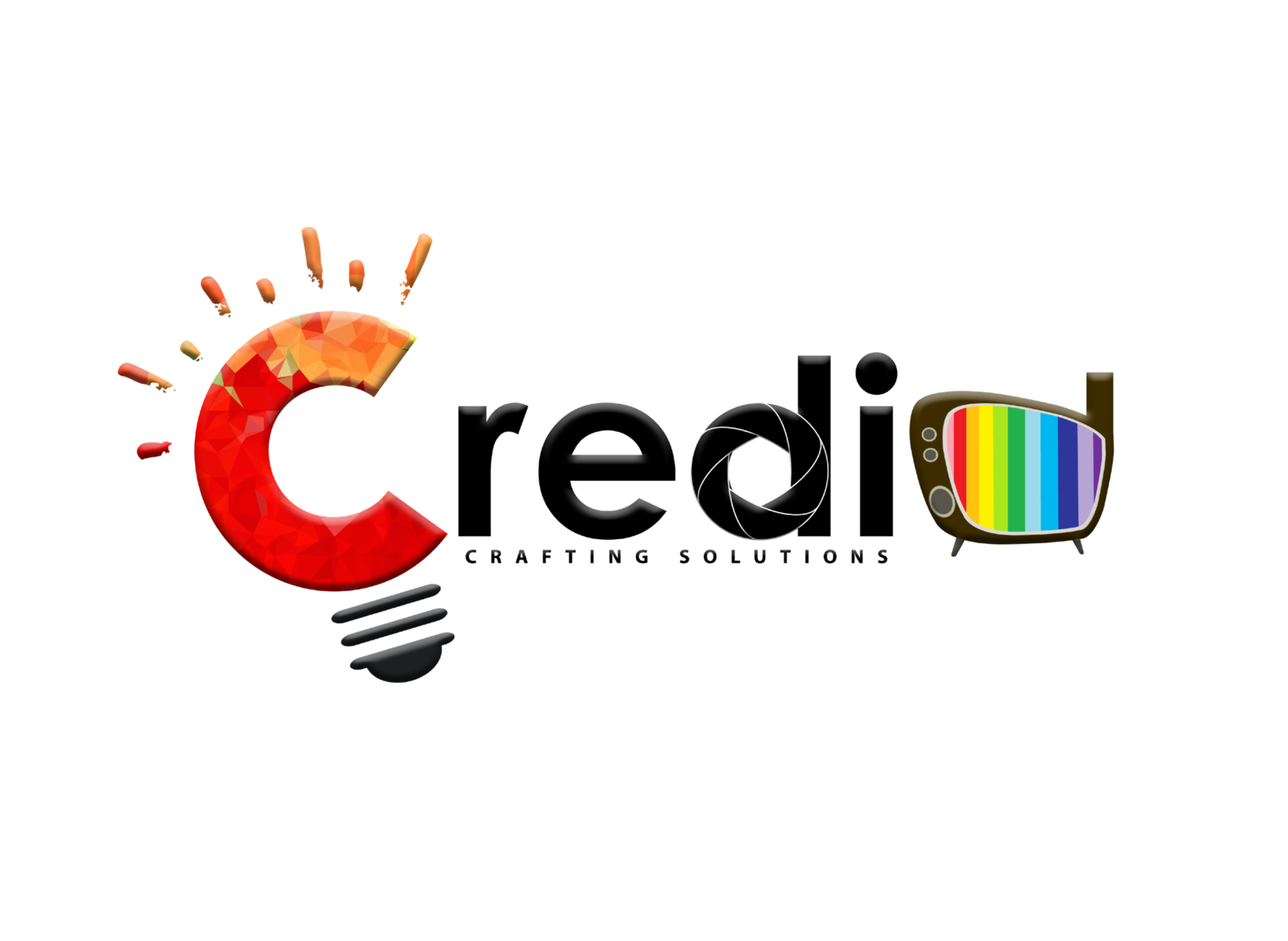What Is ERP Solutions?
Enterprise Resource Planning Systems Transform, Integrate and Scale Businesses
Enterprise resource planning (ERP) is a process used by companies to manage and integrate the important parts of their businesses. Many ERP software applications are important to companies because they help them implement resource planning by integrating all of the processes needed to run their companies with a single system. An ERP software system can also integrate planning, purchasing inventory, sales, marketing, finance, human resources, and more
Enterprise Resource Planning (ERP) systems have become an integral part of businesses in Dubai and the UAE. Understanding the significance of ERP software is crucial for organizations looking to streamline their operations and enhance efficiency.
ERP Meaning and Importance
ERP, which stands for Enterprise Resource Planning, is a comprehensive suite of applications and tools designed to centralize and streamline various aspects of business management. It’s not just about software; it’s a strategic approach to efficiently manage core functions like finance, human resources, inventory, sales, marketing, and more.
ERP System Benefits
Implementing an ERP system in Dubai and the wider UAE offers numerous advantages. It serves as a unified platform that enables companies to integrate their processes seamlessly. This integration leads to enhanced productivity, better decision-making, and improved resource allocation.
ERP in Dubai and the UAE
In Dubai, and across the UAE, organizations are recognizing the value of ERP software in optimizing their operations. These solutions are particularly relevant in today’s competitive landscape, where efficient resource management and data-driven insights are essential for success.
Choosing the Right ERP Software
Selecting the appropriate ERP software in Dubai or the UAE is a critical decision. It involves assessing your organization’s specific needs, scalability requirements, and the level of customization necessary for your unique business processes.

ERP Implementation Best Practices
While having the right ERP system is essential, successful implementation is equally crucial. Organizations should plan meticulously, train their teams effectively, and consider partnering with experienced ERP software providers to ensure a smooth transition.
In conclusion, ERP software is not just a tool; it’s a strategic asset that can transform how businesses in Dubai, the UAE, and worldwide operate. It empowers organizations to optimize processes, make data-driven decisions, and stay competitive in today’s dynamic business environment.
A Brief History of ERP
The term ERP was coined in 1990 by Gartner, but its roots date to the 1960s. Back then, the concept applied to inventory management and control in the manufacturing sector. Software engineers created programs to monitor inventory, reconcile balances, and report on status. By the 1970s, this had evolved into Material Requirements Planning (MRP) systems for scheduling production processes.
In the 1980s, MRP grew to encompass more manufacturing processes, prompting many to call it MRP-II or Manufacturing Resource Planning. By 1990, these systems had expanded beyond inventory control and other operational processes to other back-office functions like accounting and human resources, setting the stage for ERP as we’ve come to know it.
Companies of all sizes and a wide range of industries are transitioning to cloud ERP systems. In fact, Forrester predicts that SaaS-based ERP adoption will rise 21 percent annually through 2015. When you stop to consider the benefits of ERP, it’s easy to see why it’s become so popular and why its use will continue to grow so rapidly.
